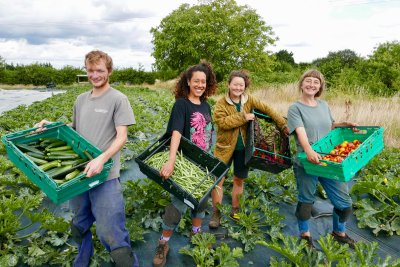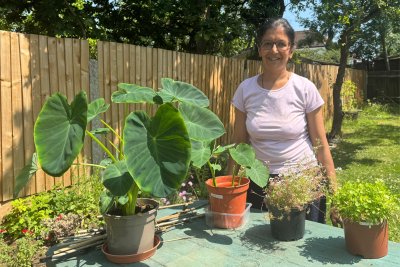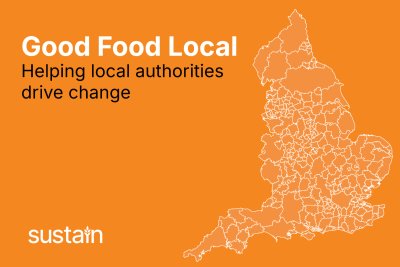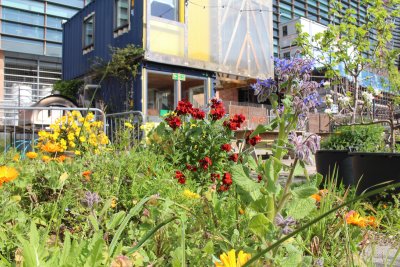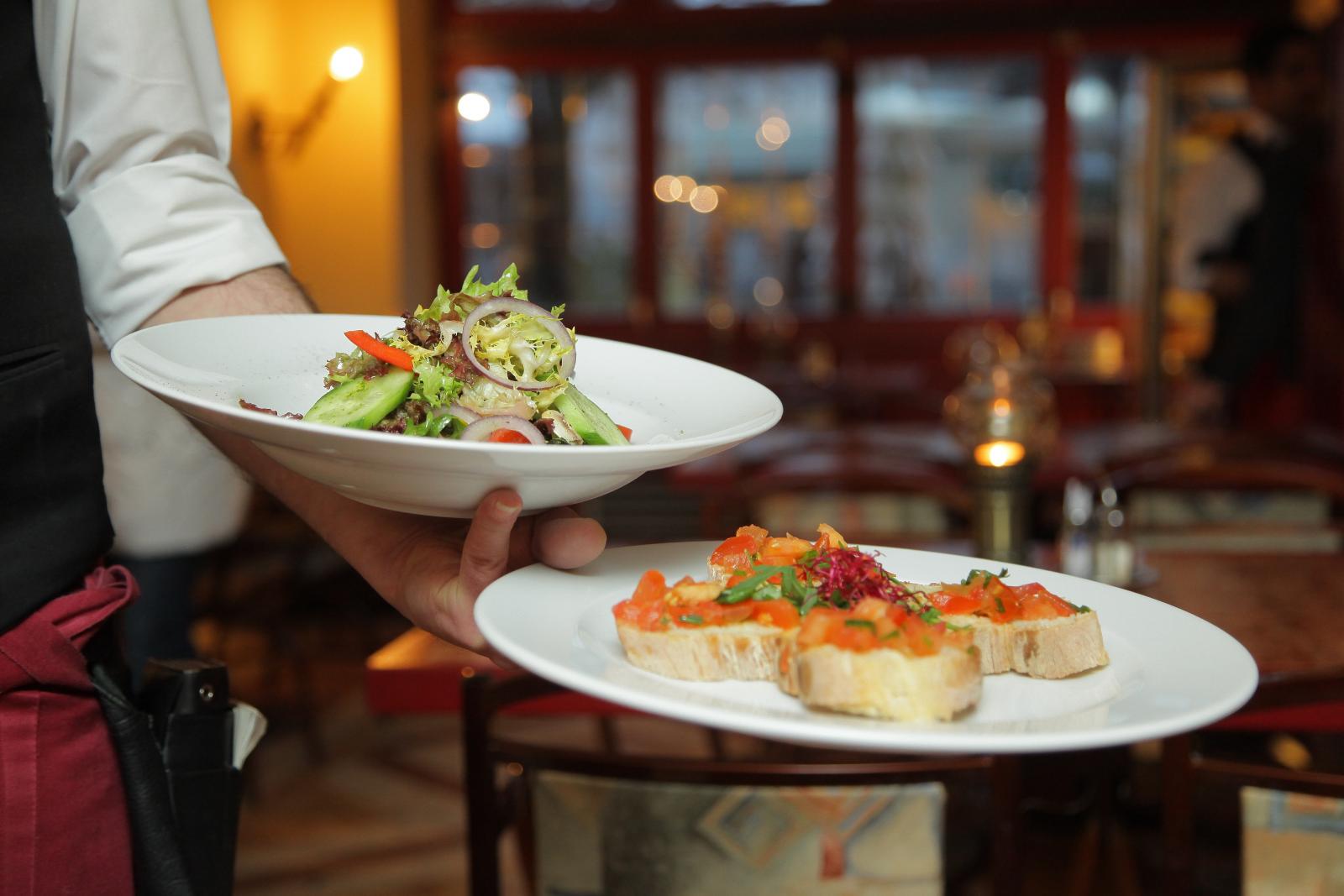 Waiter serving food. Photo credit: Pexels
Waiter serving food. Photo credit: Pexels

Restaurants to track carbon 'foodprint'
The Sustainable Restaurant Association launches a 'Foodprint' to support restaurants in tracking and reducing greenhouse gas emissions.
Restaurants and the wider foodservice sector will be able to measure and reduce the climate impact of their menus, both individually and collectively, thanks to a new programme by the Sustainable Restaurant Association (SRA).
Businesses that sign up to Foodprint will submit the details of the most climate intensive items they buy every six months. The SRA will highlight the best examples of climate-kind menu innovation that are having real impact. They will also provide resources, such as the SRA’s One Planet Plate initiative, to help businesses change their menus.
SRA Chief Executive Andrew Stephen believes that realising the environmental costs and potential benefits of the food we buy is key to building a great restaurant business:
“In recent years we’ve seen a move towards menus that are greener, including more veg and, significantly, reduced environmental impact. And while some operators like Zizzi, Leon and Wagamama are reaping the reward, the pace and depth of change has been insufficient.”
The SRA is the first organisation in the UK to partner with the Cool Food Pledge, run by the World Resources Institute (WRI), which helps foodservice operators reduce their food-related emissions by 25%. Participants in 'Foodprint' will have access to the Cool Food Pledge’s suite of tools that simplify measuring and tracking their impact. The SRA will be working directly with operators in up to 50 sites, while larger operators will work directly with the Cool Food Pledge team.
Daniel Vennard, Director of the Cool Food Pledge at WRI, said:
“The Cool Food Pledge is showing that climate action can be delicious. Already, companies serving more than 100 million meals annually have signed on to Cool Food and are using science-based strategies like more appetizing language to increase sales of climate-friendly foods.”
The SRA identified meat reduction as one of three essential issues for the sector to focus on 2019 in its impact report The Tastiest Challenge on the Planet. A number of operators have already succeeded in selling more veg-based dishes, meeting customer demand and reducing their impact including Leon, which has increased sales of their vegan and vegetarian meal by 21% and 18% respectively, and Wagamama which has enjoyed a 60% rise in the proportion of customers choosing a vegan option.
Climate Change and Nature: Sustain has taken a keen interest in the rapidly accumulating evidence about the effect of food and farming on climate change and nature, as scientific evidence emerges that our food system is a very significant contributor to greenhouse gas emissions and biodiversity loss.
Sustain
The Green House
244-254 Cambridge Heath Road
London E2 9DA
020 3559 6777
sustain@sustainweb.org
Sustain advocates food and agriculture policies and practices that enhance the health and welfare of people and animals, improve the working and living environment, promote equity and enrich society and culture.
© Sustain 2025
Registered charity (no. 1018643)
Data privacy & cookies
Icons by Icons8

